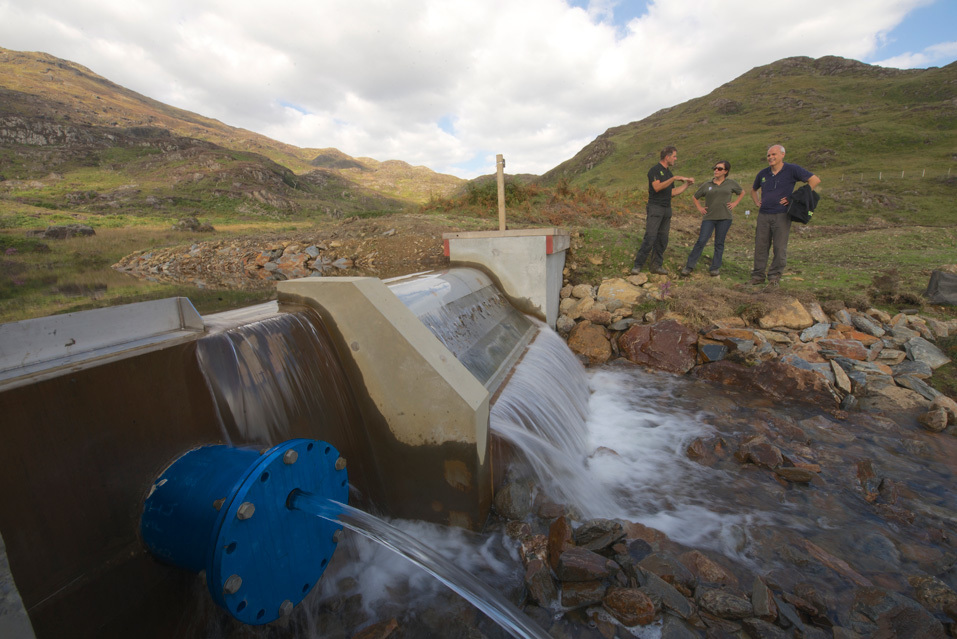
Community-owned renewable energy projects in Scotland could become a thing of the past if proposals to slash subsidies are acted on, an environmental consultant has yesterday.
Atmos Consulting sounded the alarm bells ahead of the final day of a UK Government consultation on changes to funding models for small-scale schemes.
The government’s support for such ventures has blown hot and cold since 2010.
The coalition government incentivised investment that year when it introduced the feed-in tariff (FiT) system, which ensured fixed-rate payments for electricity generated by small-scale solar, wind and hydro schemes.
But two years later it brought in a “degression” mechanism to reduce subsidies on the basis that renewable technologies should get cheaper as megawatt capacity builds.
FiT payments shrank by 20% last year, and there are fears that cuts on a similar scale this time round would make the sector unappealing to investors.
Atmos said many of the 50 community projects it has worked on would never have got off the mark under the proposed 2016 feed-in tariff rate, and urged the government to preserve the payments.
Jean Curran, operations director at Atmos Consulting, said: “Existing incentives under feed in tariffs have made community energy projects more attractive to lenders and we’ve seen steady growth in the number of community owned schemes as a consequence in recent years.
“But that looks set to end from the beginning of 2016. Our concern is that this places the Scottish Government’s ambitions to continue to grow the number of local and community-owned renewable energy projects at real risk.”

